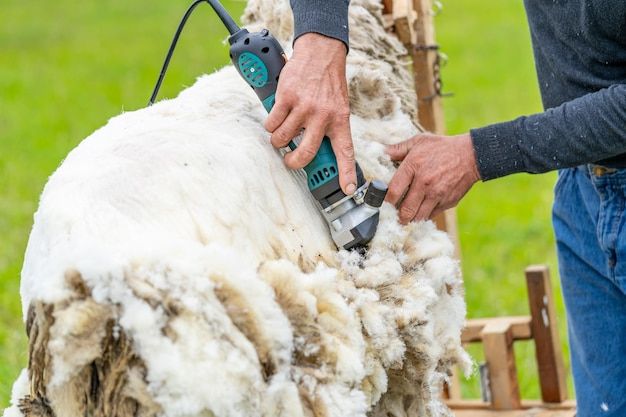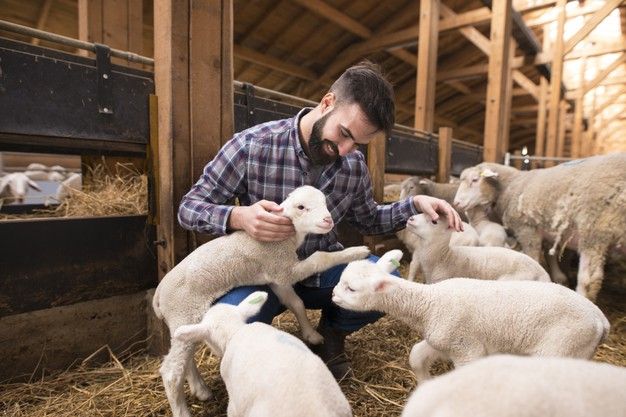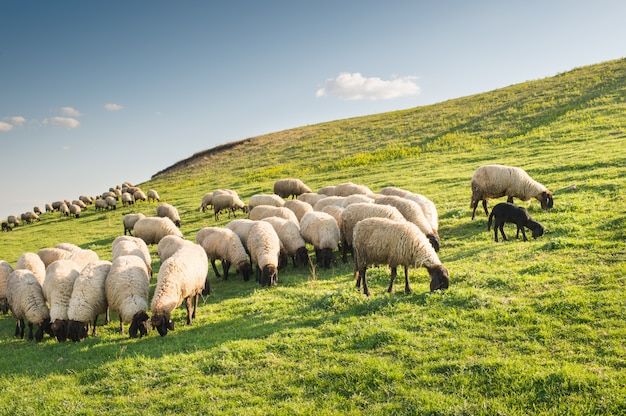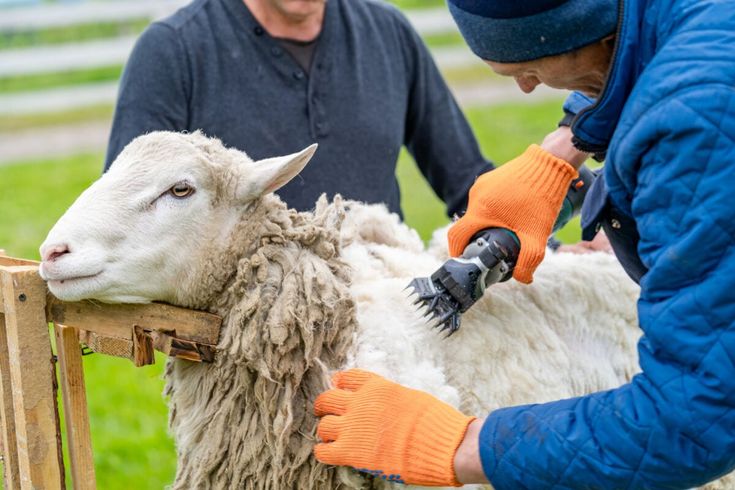Sheep farming plays a significant role in sustainable agriculture, contributing to environmental health, economic viability, and social equity. As the demand for sustainable farming practices grows, understanding how sheep fit into this model can help farmers maximize their resources while benefiting the planet. In this article, we’ll explore the various ways sheep contribute to sustainable agriculture and the practices that enhance their positive impact.
Nutrient Cycling and Soil Health
1. Natural Fertilizers
Sheep produce manure that is rich in nutrients, making it an excellent natural fertilizer. When managed properly, sheep grazing can enhance soil fertility and structure. Their droppings provide essential nitrogen, phosphorus, and potassium, which promote healthy plant growth.

2. Weed Management
Sheep are natural grazers and can effectively control weed populations. By selectively grazing on unwanted plants, they help maintain pasture health and biodiversity. This method reduces the need for chemical herbicides, contributing to a more sustainable approach to land management.
3. Soil Aeration
As sheep graze, they trample the ground, helping to aerate the soil. This process improves water infiltration and promotes root growth, leading to healthier pastures. Well-aerated soil can support diverse plant species, enhancing overall ecosystem resilience.
Biodiversity and Ecosystem Services
1. Habitat Creation
Sheep grazing can help maintain open landscapes, providing habitats for various wildlife species. By controlling the growth of certain plants, sheep promote the development of a diverse ecosystem, benefiting both flora and fauna.

2. Integrated Farming Systems
Incorporating sheep into crop rotations or agroforestry systems can improve overall farm productivity. For example, sheep can graze cover crops, helping to suppress weeds and improve soil health while simultaneously providing meat and wool. This integration fosters a more diverse and resilient farming system.
Economic Viability
1. Diversification of Income
Sheep farming offers multiple income streams, including meat, wool, milk, and even tourism through sheep-related activities. This diversification can enhance farm resilience and financial stability, allowing farmers to weather market fluctuations more effectively.

2. Local Food Systems
Promoting sheep farming within local food systems can reduce the carbon footprint associated with transporting food over long distances. By providing fresh, locally sourced products, sheep farming supports local economies and fosters community connections.
Social Equity and Community Engagement
1. Supporting Rural Communities
Sheep farming can be a vital source of income for rural communities, providing jobs and supporting local economies. Encouraging sustainable practices within sheep farming can enhance community resilience and social equity.

2. Educational Opportunities
Involving sheep farming in educational programs can raise awareness about sustainable agriculture. Workshops, farm tours, and school programs can teach future generations the importance of sustainable practices and the role sheep play in maintaining healthy ecosystems.
Best Practices for Sustainable Sheep Farming
1. Rotational Grazing
Implementing rotational grazing systems can optimize pasture use and minimize overgrazing. This practice enhances soil health, promotes plant diversity, and reduces parasite loads within the flock.

2. Focus on Animal Welfare
Prioritizing the health and well-being of sheep ensures higher productivity and better quality products. Healthy animals are more resilient to diseases and can thrive in diverse environments.
3. Use of Native Breeds
Raising native or adapted sheep breeds can enhance sustainability. These breeds are often better suited to local climates and conditions, requiring fewer resources and contributing to the preservation of genetic diversity.
Conclusion
Sheep farming has a vital role in promoting sustainable agriculture. From enhancing soil health and biodiversity to supporting rural economies and community engagement, the benefits of integrating sheep into sustainable farming practices are significant.

